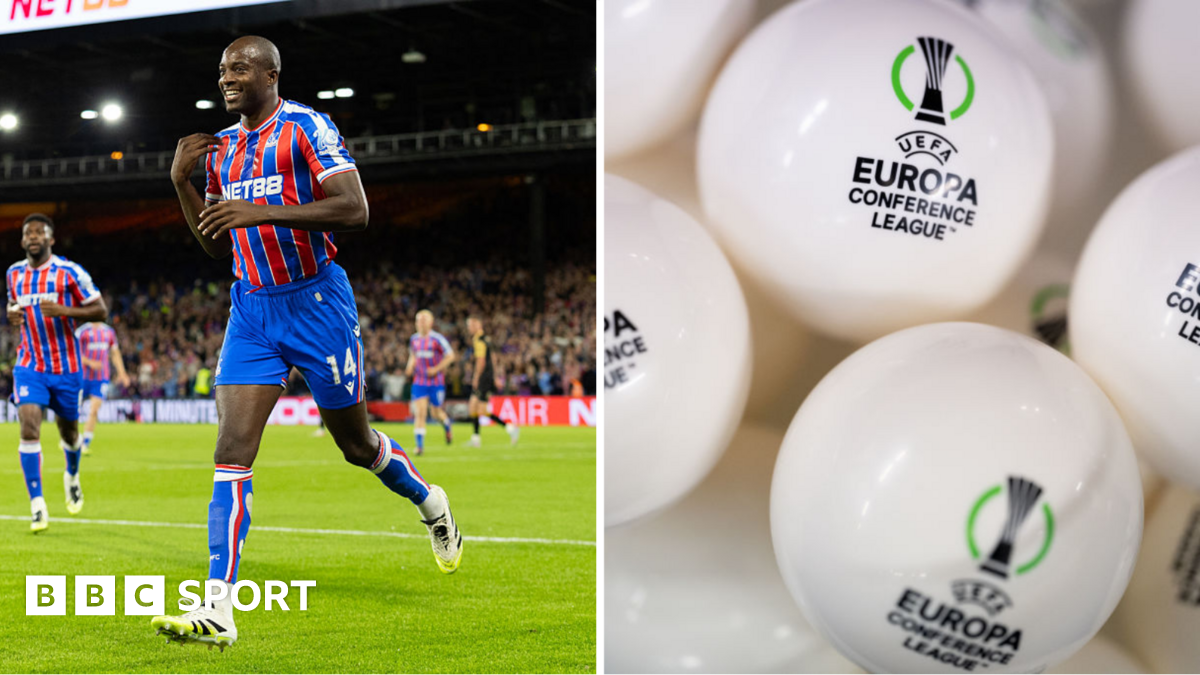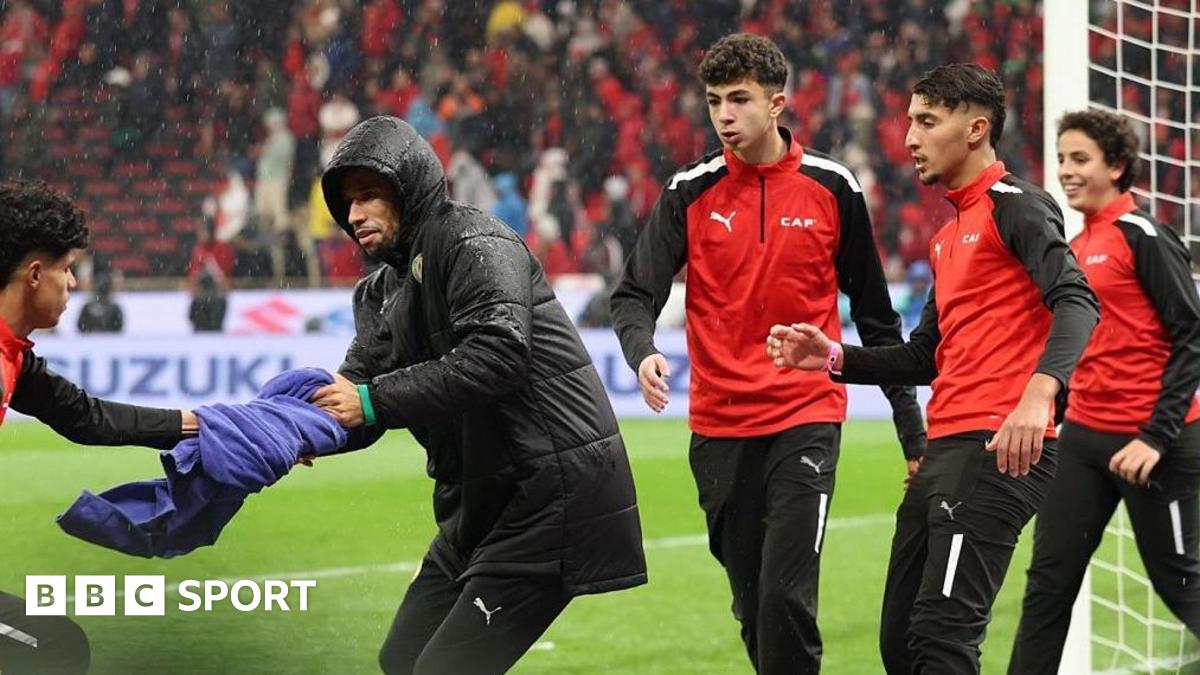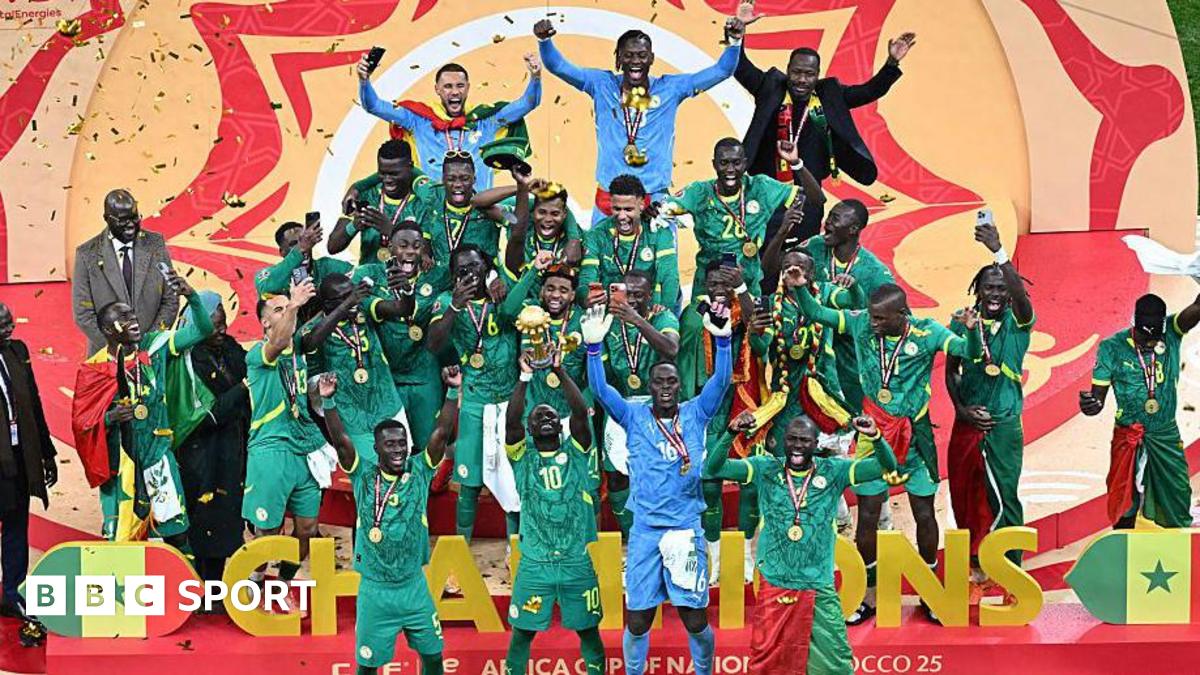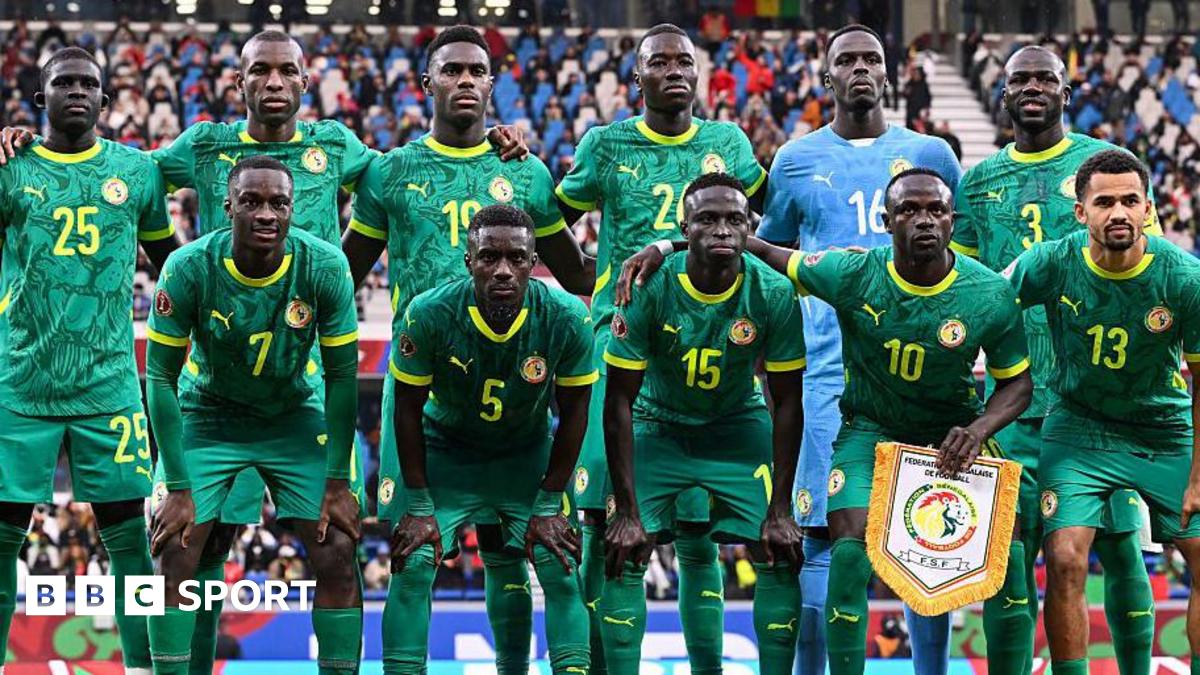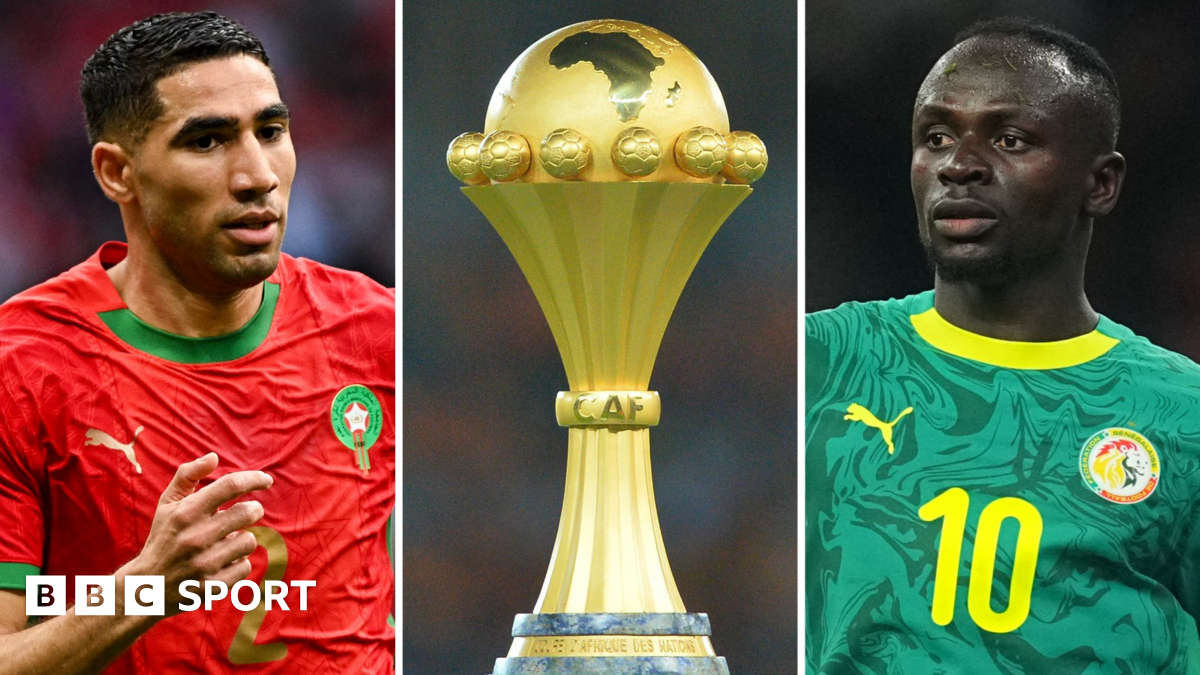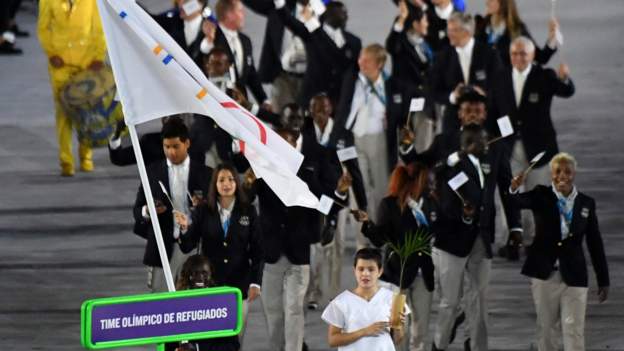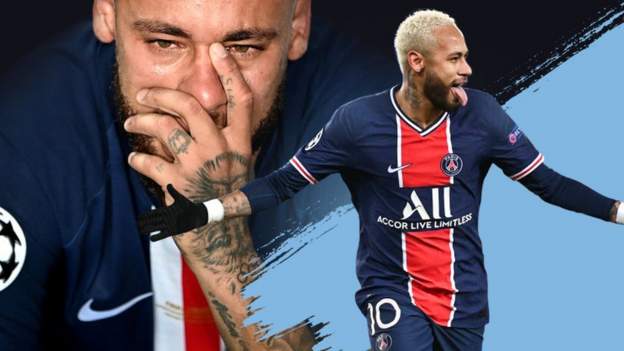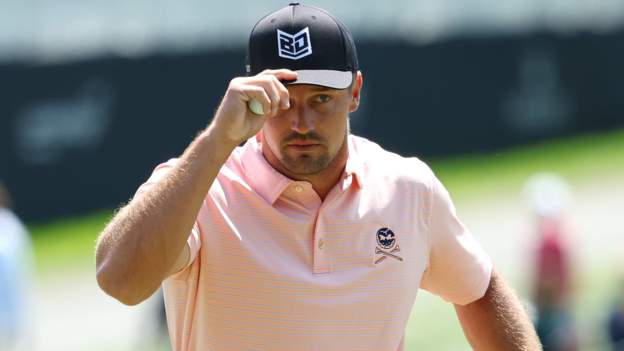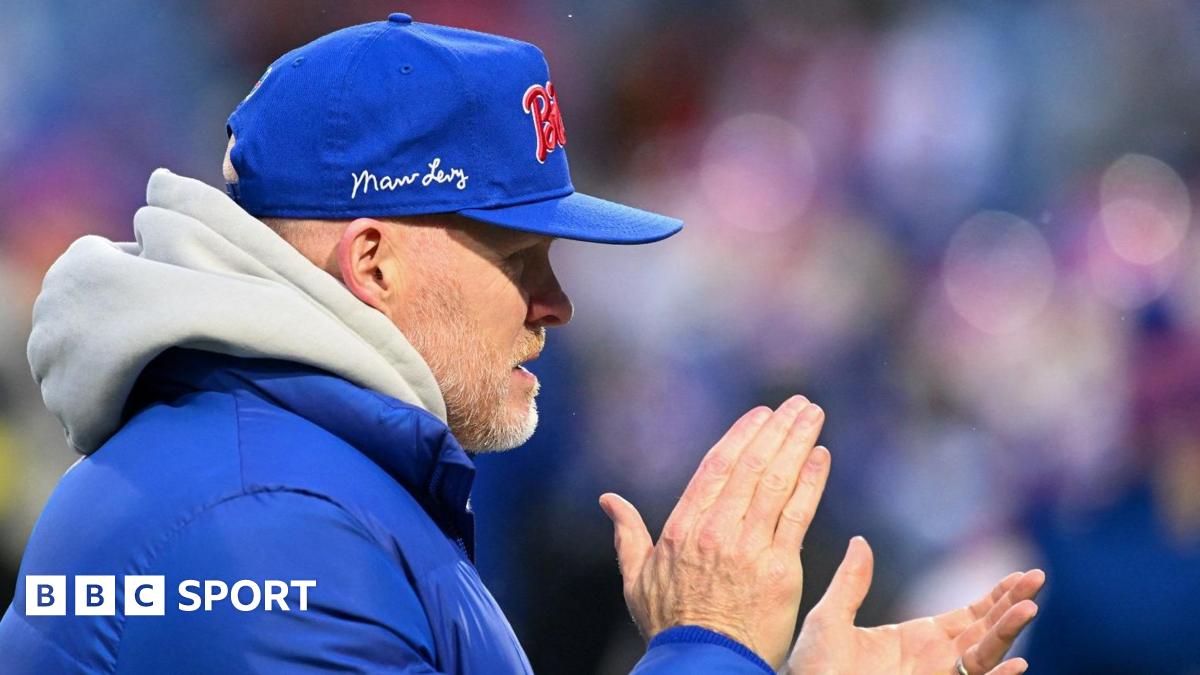Tegla Loroupe, the Chef de Mission for the Olympic Refugee Team, says athletes who have decided to stay in Europe rather than return to the training camp in Kenya ‘cannot’ compete in Tokyo this year.
However the athletes from South Sudan are still hopeful a solution can be found to enable them to run at the delayed Games.
Former world marathon record holder Loroupe is also concerned about the image of the project after the athletes decided to start afresh in Europe.
Kenya’s Loroupe will again take charge of the refugee team made up of competitors from around the globe set to take part in various sports in Tokyo after she led a similar team at the 2016 Games.
“The athletes who stayed in Europe, we feel so bad,” Loroupe told BBC Sport Africa.
“They cannot go [to Tokyo2020] because if you give them the opportunity to run in the Olympics, then you are encouraging more people to do wrong things.”
“What they did has blocked other athletes from getting visas, because now nobody trusts the other refugees. They do not see that they leave a very bad image. They kill the trust.”
At the Rio Olympics the refugee team consisted of 10 athletes (five originally from South Sudan, one from Ethiopia and two each from DR Congo and Syria) competing in athletics, judo and swimming.
Loroupe says endorsing athletes who have left Kenya for Europe by selecting them the refugee team going to Tokyo could also damage the future of the project, especially for African competitors.
“We could lose some of the partners, which is not good for the project and the upcoming athletes,” she pointed out.
“The government and embassies are also partners, it’s like you are just playing around with the support of the nation.”
Sponsors of the refugee team project include the International Olympic Committee, the United Nations Human Rights Commission (UNHCR) and the governments of France, Kenya and Qatar.
Still hopeful
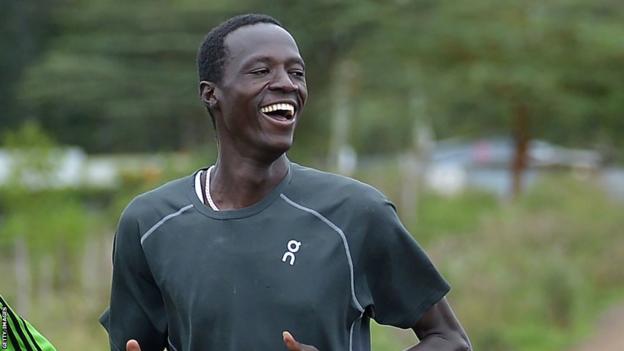
One of the athletes who has chosen a fresh start is 800 metre runner Gai Nyang and he is still hopeful of earning a place on the Refugee Team for Tokyo.
“I want a solution to the impasse that works for the refugees living there, the Kenyan people and the Kenyan government,” he told BBC Sport Africa.
“I can run 800 metres in 1.48 now, which is just three seconds short of world-class. The athletes in the refugee team camp are never told they have to make an official (qualifying) time, just to ‘go faster’ to have a chance of winning a Games slot.
“The dream of all the athletes in the refugee team is not just to go to the Olympics, but to qualify through achieving the standards demanded of the regular athletes. Then to have a life beyond that.”
The 29-year-old explained that he decided to stay in Germany after reading of compatriots being kidnapped in the Kenyan capital Nairobi and some of them being forcibly repatriated to South Sudan.
Loroupe however does not believe that the South Sudanese athletes had anything to fear from staying at the Ngong training camp near Nairobi or even from returning home.
Nyang says he will “always be grateful to Kenya for hosting me” but wants greater awareness that the status of refugees is insecure in the country he attempted to make his home.
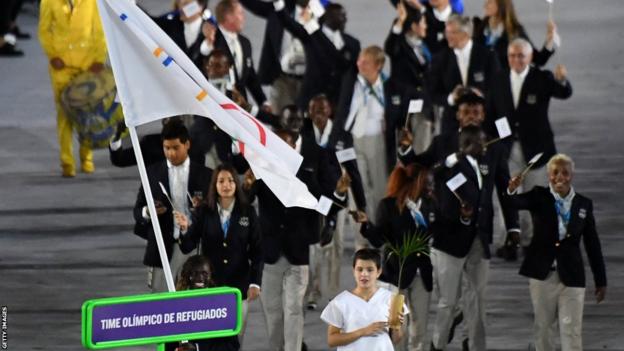
“Being a refugee means different things in different countries and in Kenya there is no ‘contract’ that says once you have been there for a certain amount of time you can become a citizen,” he pointed out.
“I hope to one day be a citizen of Germany, not always a refugee somewhere.
“Here in Germany I can speak freely about the president of South Sudan, but I did not feel safe to do so in Kenya. I took the decision to save my own life before it was too late.”
Other athletes scouted by Loroupe from the huge Kakuma refugee camp near her home on the border with South Sudan have left for Switzerland and the United Kingdom respectively.
The decision by the athletes to stay away from Kenya has left Loroupe disappointed as she says her proudest achievement was not as an athlete but being “one of the first in sport to recognise the plight of refugees.”
She also believes that the refugee team project can “produce leaders” for countries troubled by conflict.
Despite these athletes having decided not to return to Kenya those who have remained still have a chance of making Loroupe’s team heading to Tokyo in July.

